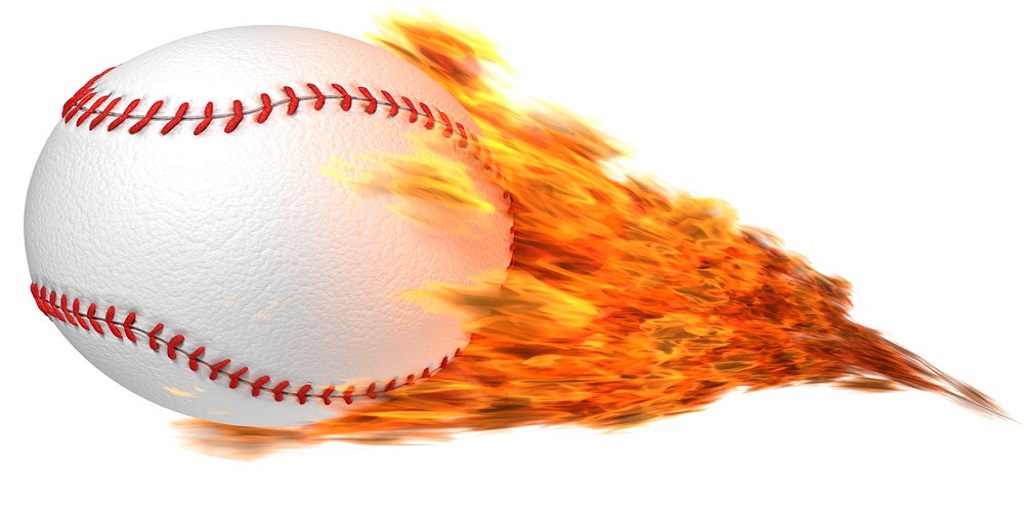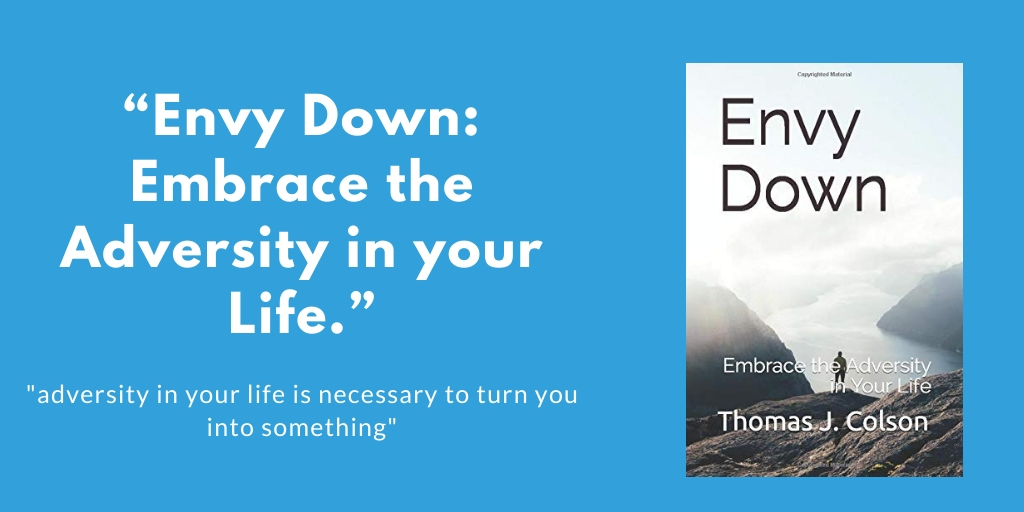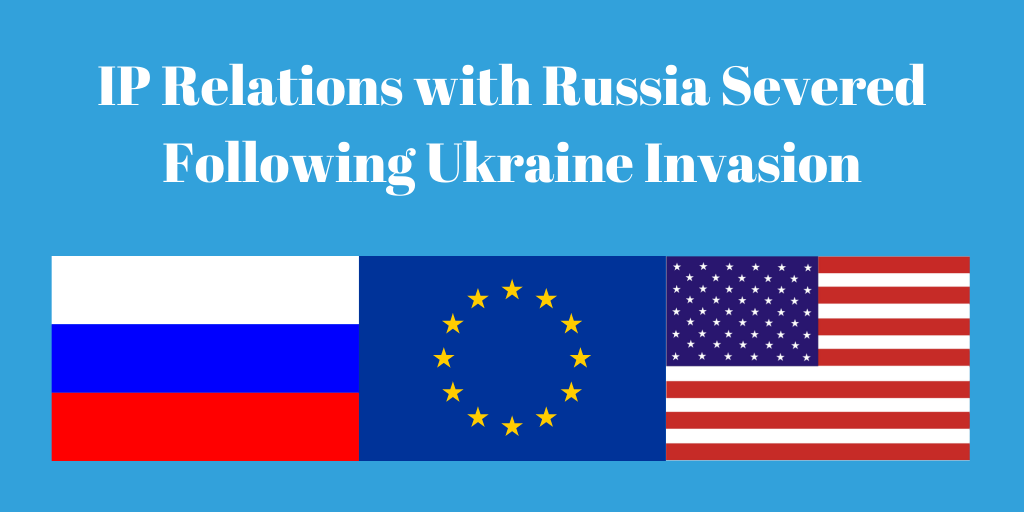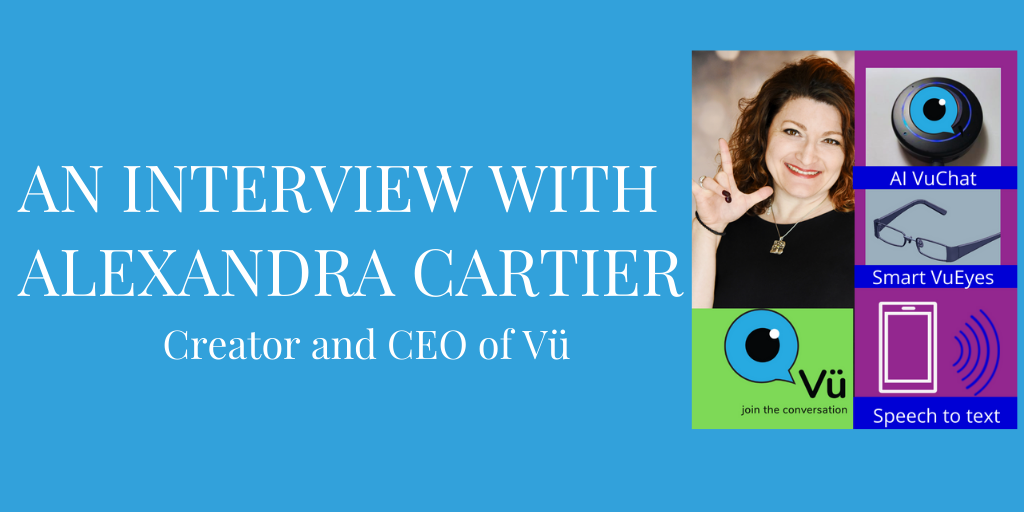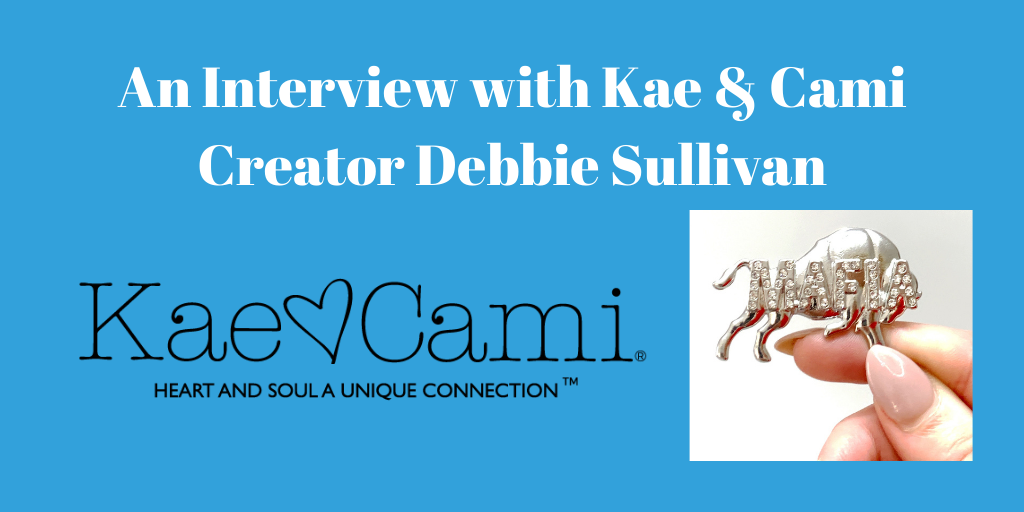Memes: What are they?
Memes are silly images with a funny caption designed to make you laugh or brighten your day. It’s almost impossible to not see a meme when you use the internet. So many unforgettable memes like Rage comics, Bad Luck Brian, Overly Attached Girlfriend, and many others have been posted all over the internet. But the fun didn’t end there and you probably also ran into programs called meme generators. These meme generators allow you to create your own memes either by using your own images, uploading an image you found somewhere on the internet, or using a template that is already available on the program itself. Pretty fun, eh?
But did you ever wonder if using meme generators or images already available on the internet to make memes would raise any issues?
Believe it or not, making memes under certain circumstance could amount to copyright infringement.
Wait, how is making a meme copyright infringement? Aren’t all images on the internet free?
Not exactly.
Some images on the internet are endowed with copyright protection. Copyright protection persist even though they’re on the internet where they can be seen and copied by millions of users. Images found on Google or other search engines will most likely contain several images protected by copyright law.
Before we jump into how making a meme may be copyright infringement, we need to first look at how something attains copyright protection in the first place.
What can qualify for copyright protection?
17 U.S.C. § 102 provides the subject matter for what may qualify for copyright protection. The scope of 17 U.S.C. § 102 covers things like literary works, musical works, pictorial, graphic, and sculptural works motion pictures and other audiovisual works (but this list is not exhaustive). Memes can potentially fall under the category of pictorial, graphic, or motion picture depending on what it is.
But falling under an enumerated statutory class alone is insufficient to attain copyright protection. To qualify for copyright protection, it must also be an original work of authorship and have some creativity. An original work of authorship is a work independently conceived by the author. Creativity is very broad and is generally a low threshold to meet. Additionally, copyright protection may also require fixation to a tangible medium.
Once the work meets all these requirements, then it may be eligible for copyright protection.
Copyright protection and the rights you get with it.
As mentioned above, copyright law protects original works of authorship. Once a work attains copyright protection, certain rights attach to it. Under 17 U.S.C. §106, copyright law confers the copyright owner the rights:
(1) to reproduce the copyrighted work in copies or phonorecords;
(2) to prepare derivative works based upon the copyrighted work;
(3) to distribute copies or phonorecords of the copyrighted work to the public by sale or other transfer of ownership, or by rental, lease, or lending;
(4) in the case of literary, musical, dramatic, and choreographic works, pantomimes, and motion pictures and other audiovisual works, to perform the copyrighted work publicly;
(5) in the case of literary, musical, dramatic, and choreographic works, pantomimes, and pictorial, graphic, or sculptural works, including the individual images of a motion picture or other audiovisual work, to display the copyrighted work publicly; and
(6) in the case of sound recordings, to perform the copyrighted work publicly by means of a digital audio transmission.
Copying an image and adding text to it could potentially fall under 106(1) or (2). Violation of any of the enumerated rights above would most likely amount to copyright infringement.
Side note: Are you also wondering if the drafters of the United States Constitution envisioned that the Constitution would be one day protecting memes?
You can’t be serious right?
Copyright protection is no joke.
Some countries have already proposed legislation that would confer stronger copyright protection for certain works, including works that have been meme’d. For example, look at the European Union (EU) creating Article 13 of the EU Copyright Directive. To make things short and sweet, Article 13 could potentially allow copyright holders to stop people from uploading unlicensed copyrighted works (which may include memes) on internet platforms like Youtube and Facebook.
Click here to read more on Article 13.
Oh no! Does this mean I’ll get in trouble?!
First and foremost, the reach of Article 13 of the EU’s Copyright Directive probably won’t extend to the United States. Laws generally do not extend beyond their designated jurisdiction. So don’t panic, you probably won’t receive a cease and desist letter for making a meme or two.
Moreover, although it is copyright infringement to make a meme under certain circumstances, there are several considerations that would make it difficult for copyright owners to enforce their rights. First, there could be literally thousands of people “meming” a copyrighted work in a day. Not only would it be difficult to find everyone, but the sheer amount of people alone may make lawsuits impracticable. Second, some memes may qualify for the fair use defense under copyright law, which may prevent copyright holders from enforcing their rights. Third, alot of meme creators (such as young kids and teenagers who make memes for fun) lack assets. It would be unprofitable to sue young kids and teens for making memes. Additionally, it would probably look really bad if someone sued a school child for making a meme.
But do remember that copyright owners can still enforce their works, even if it is costly to do so.
What do you think about making memes and copyright infringement? Tell us what you think with a comment below!
Interested in more copyright? Here’s a video!
Sign up today!
Does this article interest you? Subscribe to the LoTempio Law email newsletter to receive posts and updates just like this conveniently in your email box!
If you’ve enjoyed this blog post, we have lots more where this came from, including an Inventors Guide Video Series where we help you turn your good idea into a profitable invention, and tons of other great content. Simply enter your email address and hit sign up and you’ll get everything, including blog posts like these, conveniently in your email box!
Have any questions? Give us a call at 1-800-866-0039. Consultations are FREE.
Disclaimer: This article is not legal advice. It is only for educational or entertainment purposes only. Please do not use the article or contents of the article without permission. For legal advice and questions, please contact registered Patent Attorney Vincent LoTempio.


